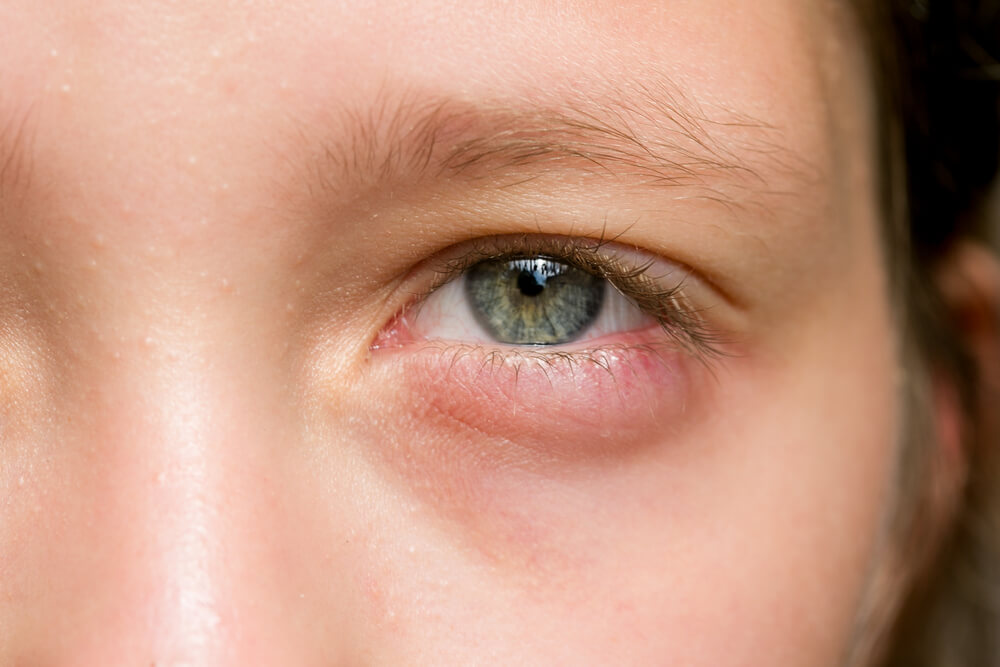Orbital Disorders and Treatments

The orbit (eye socket) is the cone-shaped bony cavity in which the eyes are situated. It is padded with fatty tissue and contains eye muscles, nerves, glands and cavities, all of which play important roles in eye function and health. The eye socket can be affected by a range of orbital disorders, including inflammation, tumors, systemic diseases, congenital disorders and physical injuries.
Types of Orbital Disorders
- Orbital fractures are cracks or breaks in the facial bones surrounding the eye. Certain fractures of the orbital bone beneath the eye known as blowout fractures can lead to a range of complications and vision impairment. Severe orbital fractures may require surgical intervention, which involves reconstruction of the orbit.
- Orbital tumors are abnormal growths that vary in size and severity and can be either benign or malignant. The most common symptoms of orbital tumors include inflammation, double vision, discomfort and bulging of the eyeball. At Delray Eye Associates, P.A., we offer specialized treatment for orbital tumors, including orbital surgery and referrals for adjuvant therapy.
- Thyroid eye disease, also known as Graves’ disease, is the most common orbital disorder. It is an autoimmune condition that occurs as a result of impaired function of the thyroid gland. The disease may vary in severity and last several months or years. The most common side effects of thyroid eye disease are eyelid retraction, double vision and protrusion of one or both eyes. Treatments for thyroid eye disease include lubricating eye drops, medication to reduce the orbital inflammation, prisms, and eye muscle and eyelid surgery. In extreme cases, a procedure known as orbital decompression may be performed to reduce bulging eyeballs.
- Anophthalmos (loss of one or both eyes) can be caused by a variety of factors, including traumatic injury and eye cancer. It is also associated with a congenital disorder in which the orbital tissue development has been impaired, leading to the complete absence of an eye. Individuals who suffer from anophthalmos are often faced with a range of problems, including blindness and physical disfigurement of the eye and eyelids. Dr. Kronish specializes in surgery involving reconstruction of the eye socket and prostheses to restore a more natural appearance.
To schedule an eye exam or learn more about your treatment options, please call us today at (561) 498-8100 or (561) 734-0267.
